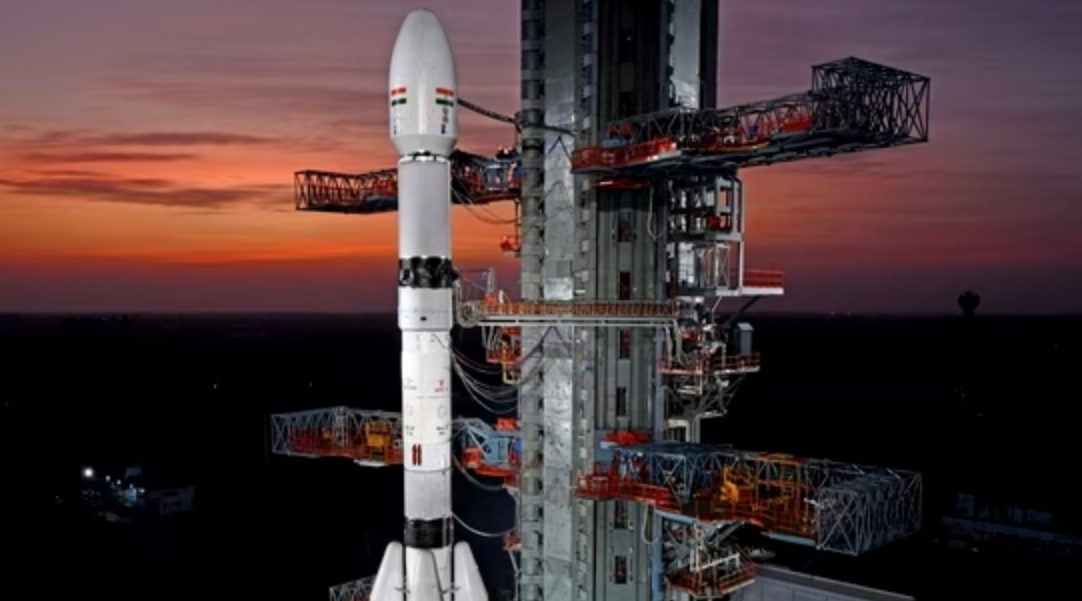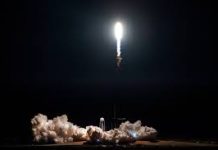NASA publishes the first recording of the sound of an Ingenuity helicopter on Mars
US National Aeronautics and Space Administration (NASA) released on Friday a video dedicated to the flight of the helicopter Ingenuity, committed on Mars on April 30, 2021.

As in the previous three Ingenuity flights, the video was recorded using the camera of the Perseverance rover. But this time, the sound of a flying helicopter was also recorded, which, after some processing, was synchronized with the video recording. As noted, for the first time, the sounds emitted by an aircraft were recorded using another spacecraft on another planet. And for the first time, we will be able to hear the sound of a helicopter flying on Mars.
The microphone is part of the Perseverance SuperCam laser and is not really designed for this kind of recording. It records the sound of a laser hitting rocks to help calculate metrics such as total hardness.
However, it can also be activated separately to record, for example, wind noise on Mars. Behind this background noise, Perseverance caught the sound of the blades of the Ingenuity helicopter, even though they were 262 feet (80 m) apart. The helicopter is especially positioned at a safe distance from the rover during flight tests to reduce the risk of unintentional damage in the event of an accident.
However, even in this distance, you can hear the faint hum of the helicopter blades as it takes off and is in flight.
“We ran tests and simulations that showed that the microphone barely picks up the sound of a helicopter since the atmosphere of Mars strongly dampens sound propagation,” explained David Mimoun, professor of planetology at the Higher Institute of Aerospace (ISAE-SUPAERO) in Toulouse, in charge of the operation. Microphone SuperCam Mars. – We were lucky to record the sound of a helicopter at such a distance. This record will be a real gold mine for our understanding of the Martian atmosphere. “
It should be noted that a little audio processing was required to capture audible details. The microphone recorded the sound in mono, and the JPL team highlighted the specific sound frequency of the helicopter blades – 84 Hz by lowering the frequencies below 80 or above 90 hertz.




